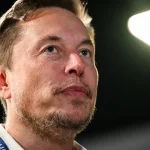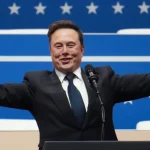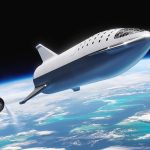Rare science books cost Musk tens of thousands
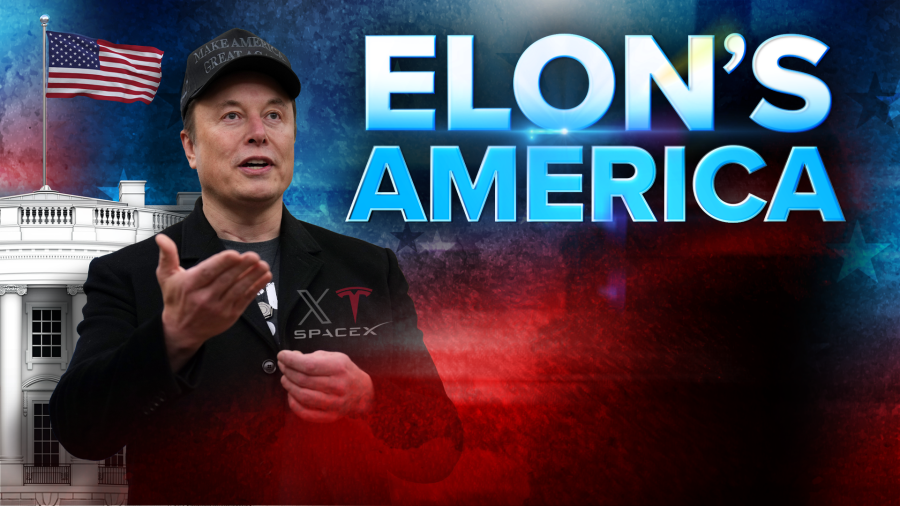
Rare Science Books Cost Musk Tens of Thousands
Introduction: Elon Musk, the billionaire founder of Tesla and SpaceX, is no stranger to making headlines for his ambitious ventures and groundbreaking achievements in technology and space exploration. However, what many may not know is that Musk is also an avid collector of rare science books, with some of these literary treasures costing him tens of thousands of dollars. Musk’s fascination with science and innovation goes beyond his companies and projects—he has developed a deep appreciation for the works of great scientists and thinkers throughout history. These rare books not only serve as a testament to his intellectual curiosity but also reflect his belief in the power of knowledge to drive human progress. This article explores Musk’s passion for collecting rare science books, the high prices he is willing to pay, and the significance of these books in the context of his work and vision for the future.
Musk’s Passion for Science Literature: Musk’s interest in science literature is not just about acquiring rare and expensive books; it’s about fostering a deeper understanding of the ideas that have shaped modern science and technology. Throughout his career, Musk has cited the works of renowned scientists and innovators, such as Isaac Newton, Nikola Tesla, and Richard Feynman, as sources of inspiration. His personal library reflects this deep admiration for intellectual giants and the pioneers who have paved the way for modern advancements.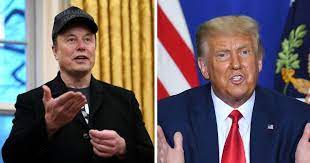
For Musk, these rare books are more than just collectible items. They are windows into the minds of the scientists, engineers, and thinkers whose groundbreaking ideas have shaped humanity’s understanding of the universe. From early works on physics and astronomy to the writings of mathematicians and philosophers, Musk’s collection is a reflection of his belief in the importance of historical context in shaping the future. In interviews, Musk has spoken about how the works of influential thinkers have influenced his approach to problem-solving and innovation, emphasizing the role that knowledge from the past plays in guiding future advancements.
The Cost of Collecting Rare Science Books: Collecting rare books can be an expensive hobby, and for someone like Musk, whose wealth exceeds billions of dollars, the cost is no object when it comes to acquiring a coveted item. Musk has reportedly spent tens of thousands of dollars on individual books, particularly those that are considered to be extremely rare or historically significant. Some of these books, such as first editions of key scientific texts or manuscripts handwritten by legendary scientists, have fetched astronomical prices at auctions.
For example, Musk made headlines in 2021 when he acquired a rare copy of “Principia Mathematica” by Isaac Newton, the landmark work that laid the foundations for classical mechanics. The book, which was published in the 17th century, sold for over $600,000 at auction. This acquisition is just one of many examples of Musk’s willingness to spend vast sums on rare science books that hold historical significance and reflect the intellectual evolution of the scientific world.
Beyond the high price tags, the books Musk collects are often in impeccable condition, with some being preserved in archival materials to ensure their longevity. The scarcity and value of these books reflect their importance in the scientific community, and Musk’s acquisitions serve as a testament to his dedication to preserving the intellectual heritage of science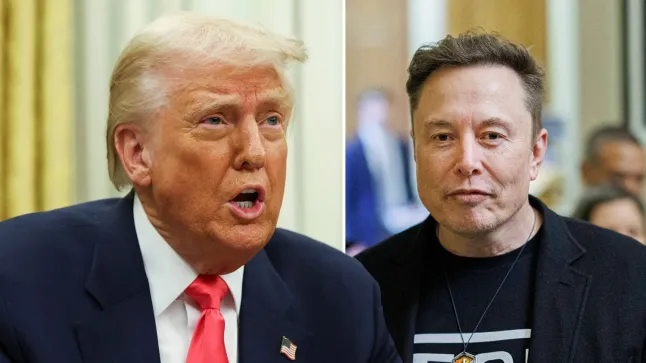
The Significance of Rare Science Books to Musk’s Vision: Musk’s passion for collecting rare science books is deeply tied to his broader vision of the future. As someone who has dedicated his life to advancing humanity through technological and space exploration, Musk sees value in learning from the past to inform the future. The knowledge contained within these rare books provides him with insights that can influence his work with Tesla, SpaceX, and his other ventures.
For instance, Musk has often mentioned how he draws inspiration from the work of pioneers like Nikola Tesla, whose name now graces one of the world’s most innovative electric vehicle companies. By owning and studying rare editions of works by such figures, Musk is able to gain a deeper understanding of their ideas and how they can be applied to modern challenges. This intellectual connection is crucial to Musk’s creative process, as he constantly looks for new ways to push the boundaries of what is possible.
Moreover, Musk’s interest in science literature goes hand-in-hand with his belief in the importance of education and learning. By acquiring and reading rare books, Musk not only satisfies his own intellectual curiosity but also emphasizes the importance of knowledge in shaping the future of humanity. His commitment to preserving and learning from scientific texts is reflective of his broader vision to use technology and innovation to address some of the world’s most pressing issues, from climate change to space exploration.
Conclusion: Elon Musk’s collection of rare science books highlights his commitment to learning, intellectual curiosity, and appreciation for the history of science. While the tens of thousands of dollars he spends on these books may seem extravagant to some, for Musk, it is an investment in the knowledge that has shaped the world he is working to transform. His passion for science literature is not just about acquiring valuable collectibles but about understanding the ideas that have propelled human progress and using them to fuel his vision for the future. As Musk continues to push the boundaries of innovation, his rare science books will undoubtedly remain a source of inspiration and guidance, helping him navigate the complex challenges of creating a more sustainable, interplanetary future.
